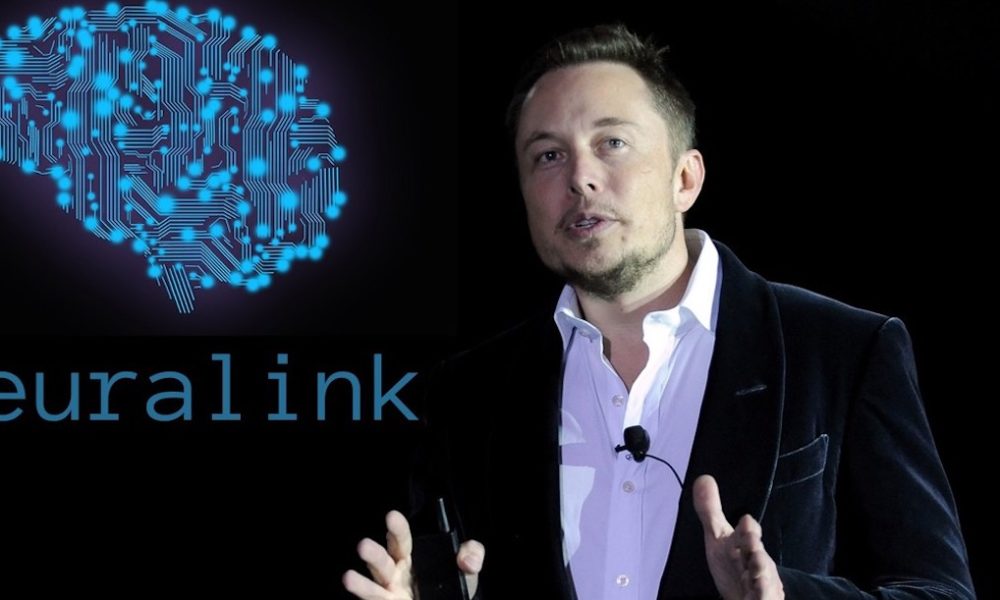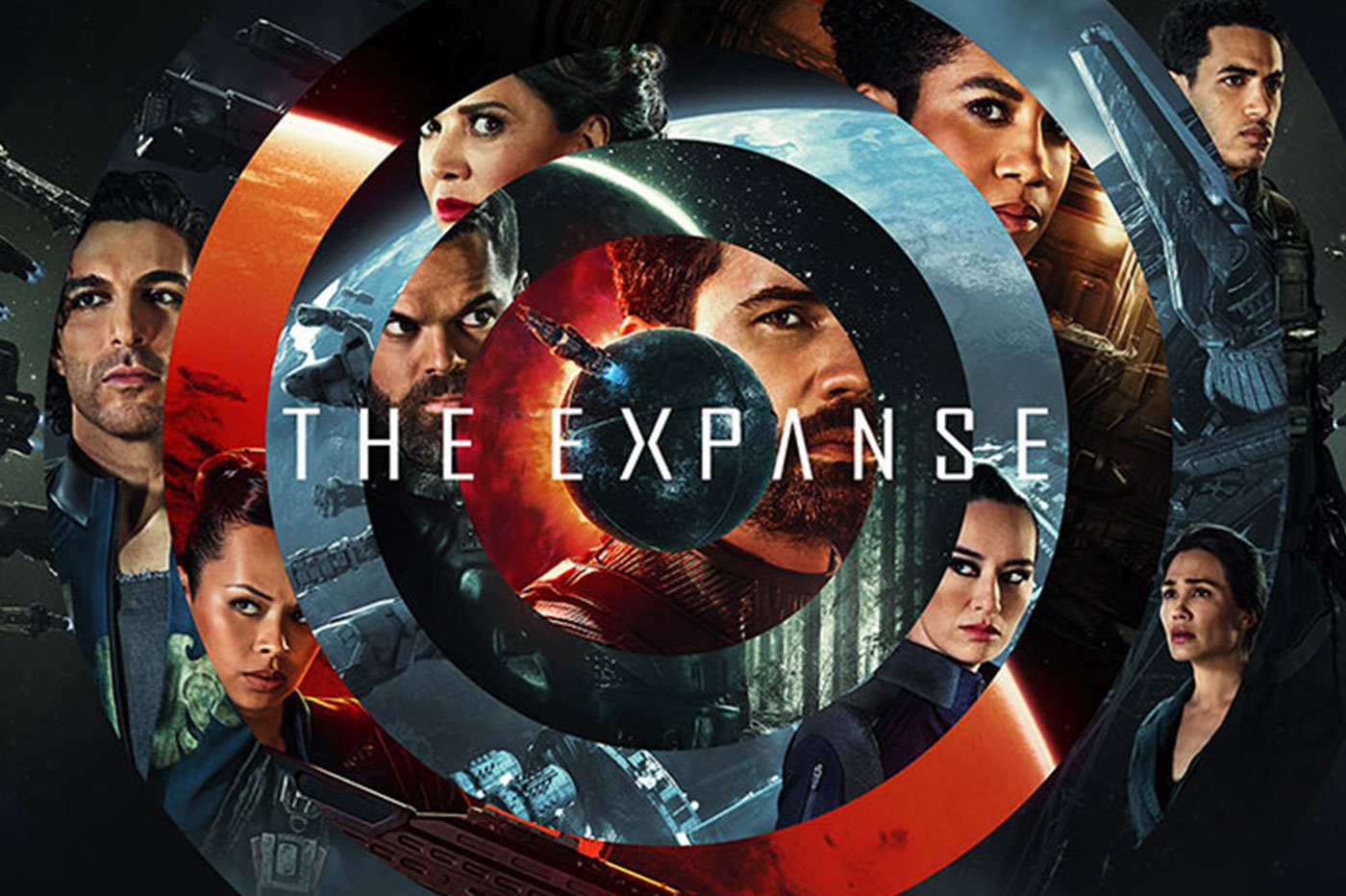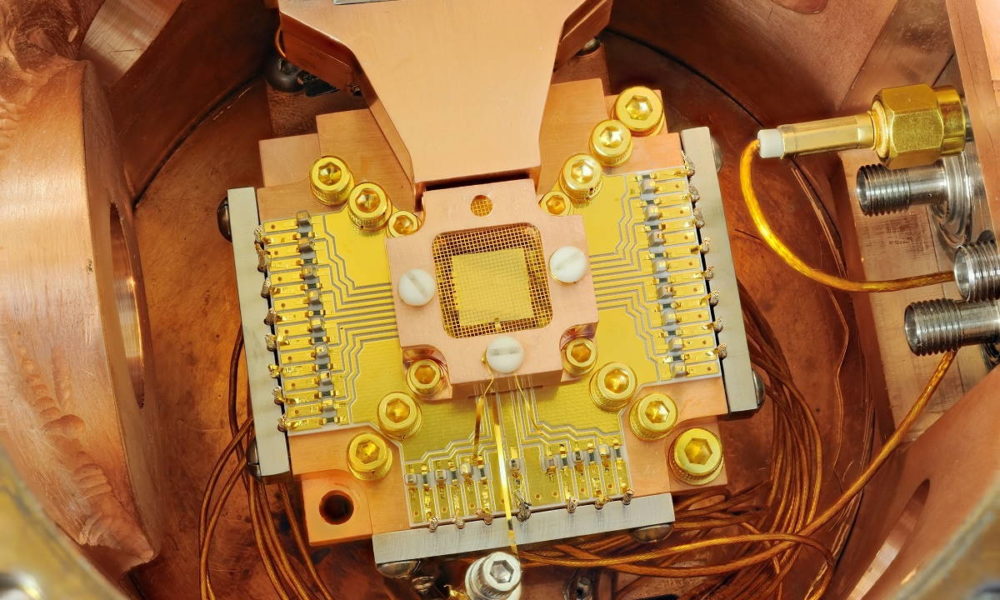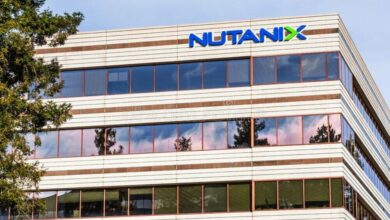
Anyone who has closely followed the work of Elon Musk will know that in addition to Tesla’s self-driving cars or his quest to conquer space with SpaceX, he is passionate about the possibility of “improving” the human brain using technology. In this sense, “Neuralink”, a company founded five years ago with the aim of designing connections between the brain and technological devices, is one of his most personal and ambitious projects.
So far, the company has presented Link 0.9, a “surgical” device that is capable of automatically connecting up to 1,024 wires to the brain: an encapsulated 23mm x 8mm chip that connects to a small hole drilled in the patient’s skull and is responsible for collecting the signals picked up by the electrodes. A little less than a year ago, the company also shared a video showing how Pager, a monkey that had this device inserted, was able to mentally control a game.
Now however, the company has returned to the news for statements reminiscent of an episode of Black Mirror (the famous British science fiction series created by Charlie Brooker). In a response to a Twitter user, Musk assured a few months ago that in the future, thanks to his technology, “memories will be able to be saved and reproduced. All that is encoded in memory, you could download it to see. You could basically store your memories as a backup and if you wanted, restore those memories. Ultimately, you could download them into a new body or a robot. The future is going to be strange.”
This idea, with which humanity has played for a long time (such as being able to record dreams), however, faces a great barrier, which goes far beyond ethics: the scientific and technological possibilities that currently and even in the future, we will have for it. And it is that as some experts have not been slow to reply, the utopia that Musk promises with Neuralink has neither head nor tail.
Elon Musk does not understand the complexity of the brain
The truth is that Musk’s extravagant statements have surprised a scientific community that has agreed to point out that what they show is that Musk does not seem to know very well how the brain works. Tim Verstynen, associate professor of cognitive neuroscience at Carnegie Mellon University explained in this Twitter threadthe magnitude of the challenge that Neuralink would have to face.
In this sense, the scientist points out that in the human brain there are approximately 10fifteen synapses (neuronal connections). “If we were to express each synapse as a bit (even though they are not bits), then that would be a minimum of 10fifteen bits of information in an average human brain,” he says. But the problem is not here.
To model a brain, the location of each synapse would require a similar amount of information, which would put the amount of data in the brain at about 20fifteen bits, approx. a petabyte of data for each “information moment”. And that at least. Because as he details below, this system would not take into account that there is an “incredibly complex molecular system within a neuron, and it would not take into account glia, another class of cells in the neuronal system that are known to process information. Finally, it also fails to take into account that the brain is dynamic and that memories contain multiple moments in time.”
Even removing that additional complexity and considering only the synapses, Verstynen calculates that we would be talking about having to process several exabytes of information every secondwhich is not exactly realistic either now or in the long term.
The human brain is not a computer
Although of course in recent years there have been incredible advances in the world of neuroscience and it is true that in certain cases the use of new technologies has produced important advances such as being able to partially recover vision, gain mobility, or facilitate that people with paralysis can communicate, overcoming the challenge that Musk proposes supposes enter a completely new field.
And while thinking of the brain as a huge human computer has worked for a while, as the problems to be solved become more complex, scientists realize that this metaphor has completely lost its validity. .
«We have become accustomed to thinking of the brain as if it were a modular structure in which there is a part that processes digital information, another that makes decisions about objects, etc., in which computer programs such as those we use to develop artificial intelligence programs,” says Verstynen.
“However, the more we investigate,” he adds, “the more we realize that it is actually more of a chaotic attraction system. It has very non-linear properties. And whenever we try to use computational metaphors to understand the brain, those metaphors limit how we understand the system.”
It is therefore rather naive, say other researchers, to describe memory and recollections that are stored in a brain, similar to how information is stored in an SSD and processed on a chip. The loading and unloading of memories that Elon Musk proposes is not possible from a computer approach that is limited by a metaphor that is far from being able to explain how the brain works.



